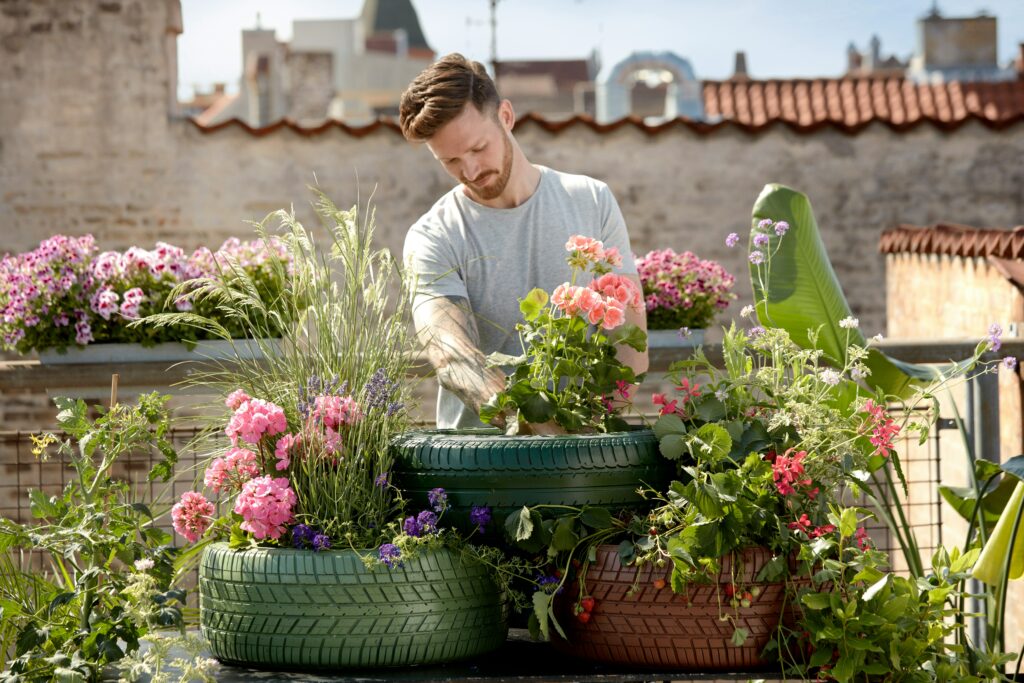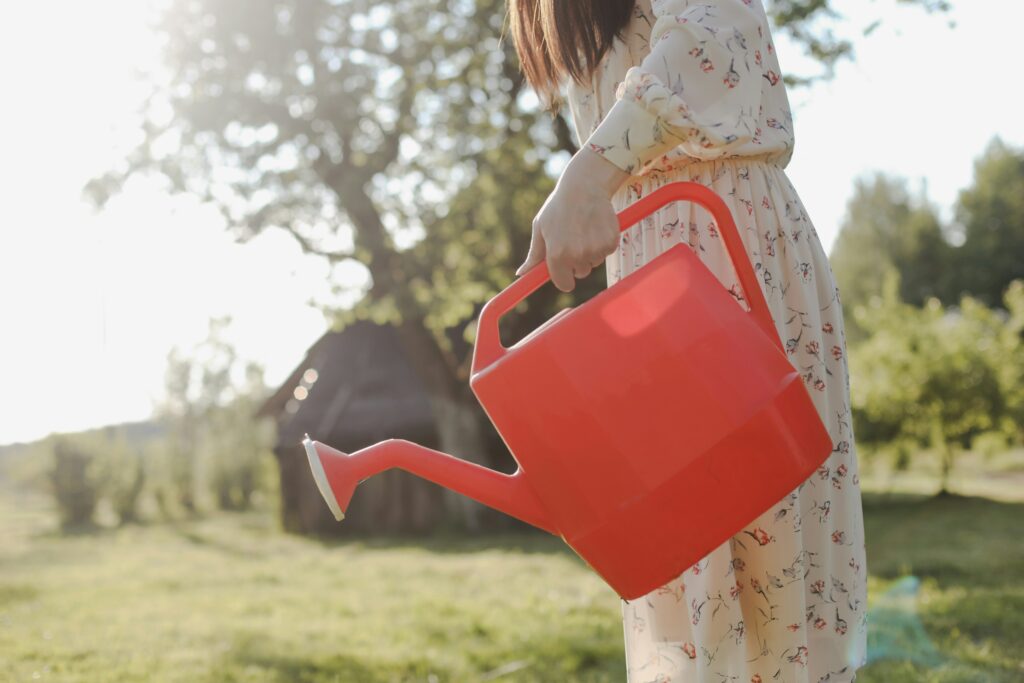Author bio: Jane Roberts is a passionate home gardener and writer with over a decade of experience in cultivating both outdoor and indoor plants. She enjoys sharing practical tips and creative ideas for making gardening accessible and enjoyable for everyone. When she’s not tending to her plants, Jane loves exploring new recipes, hiking, and spending time with her family. Her mission is to inspire others to discover the joys of gardening no matter how small their space may be.
enjoys sharing practical tips and creative ideas for making gardening accessible and enjoyable for everyone. When she’s not tending to her plants, Jane loves exploring new recipes, hiking, and spending time with her family. Her mission is to inspire others to discover the joys of gardening no matter how small their space may be.
As the world becomes increasingly aware of environmental issues, many home gardeners are seeking ways to make their gardening practices more eco-friendly. Not only does sustainable gardening benefit the environment, but it can also promote healthier plants and a more resilient garden ecosystem. Let’s look at some of the ways you can embrace greener gardening at home.
-
-
Choose native plants
Native plants are those that naturally occur in your region and have adapted to the local climate and soil conditions over thousands of years. They’re beneficial for several reasons, but mainly because they typically require less water than non-native species as they’re adapted to the local rainfall patterns. Additionally, once established, native plants generally require less maintenance than exotic species. They’re more resistant to local pests and diseases and are better suited to the soil and climate conditions of your area.
When selecting plants, consider their growth habits, light requirements, and bloom times to create a diverse and attractive garden.
-
Use a water butt to collect rainwater
Water is a precious resource, and efficient water use is crucial for sustainable gardening. Implementing water-wise gardening techniques can help you conserve water while keeping your plants healthy.
Collecting rainwater is an excellent way to reduce your reliance on municipal water supplies. To do this as easily as possible, install rain butts or larger cisterns to capture and store rainwater from your roof. This stored water can be used to irrigate your garden during dry periods. You can also choose drought-resistant plants that can thrive with minimal water.
-
Consider organic pest control methods
Chemical pesticides can harm beneficial insects and the environment. Instead, consider organic pest control methods that protect your plants without causing harm. These include:
- Natural remedies. Natural remedies like neem oil, insecticidal soap, and diatomaceous earth can effectively control pests without harming beneficial insects and other wildlife.
- Companion planting. Companion planting involves growing certain plants together to deter pests and promote healthy growth. For example, planting marigolds with tomatoes can repel nematodes, while basil can deter aphids and other pests.
- Beneficial insects. Encourage beneficial insects like ladybugs, lacewings, and predatory wasps to take up residence in your garden. These insects prey on common pests and help keep their populations in check. Provide habitat for beneficial insects by planting a variety of flowering plants and avoiding the use of chemical pesticides.
-
Don’t be put off if you don’t have a garden
 Don’t let the lack of an outdoor space discourage you from embracing greener gardening techniques. Indoor gardening is a great way to bring the benefits of plants into your home, whether you live in a small apartment or a house without a garden.
Don’t let the lack of an outdoor space discourage you from embracing greener gardening techniques. Indoor gardening is a great way to bring the benefits of plants into your home, whether you live in a small apartment or a house without a garden.Indoor plants offer numerous advantages, including improved air quality, enhanced mental well-being, and a touch of natural beauty to your living space. Plants like spider plants, peace lilies, and snake plants are particularly effective at filtering toxins from the air, making your home environment healthier.
Just make sure you’re using the right plants for your home conditions, conserve water and use organic soil and natural fertilisers, such as compost tea and worm castings, to keep your indoor plants healthy without the need for chemical-based products. You can even utilise old containers, jars, and bottles as planters to minimise waste and add a creative touch to your indoor garden.
-






